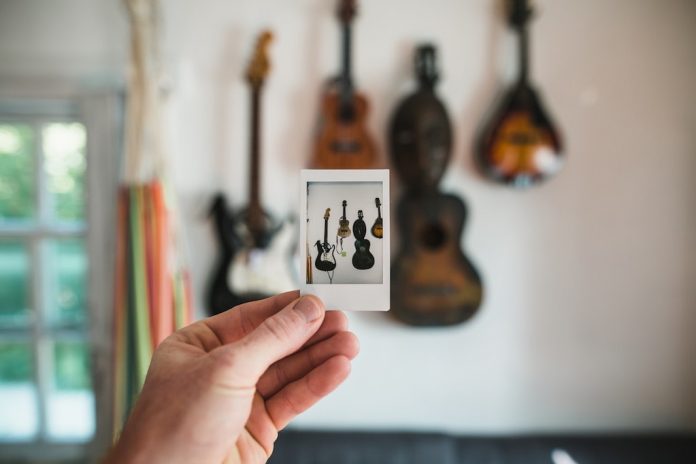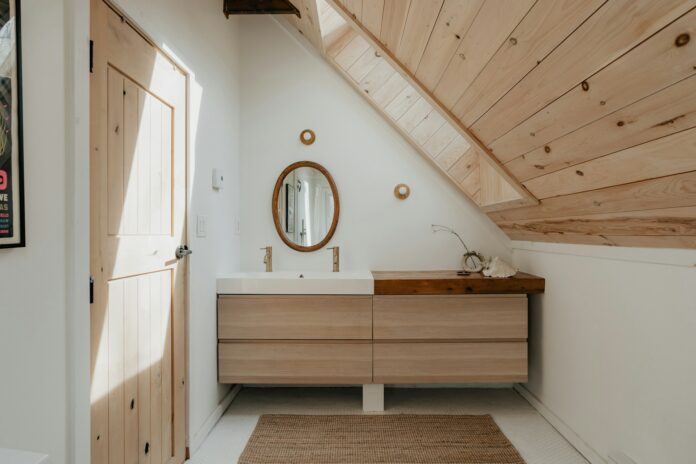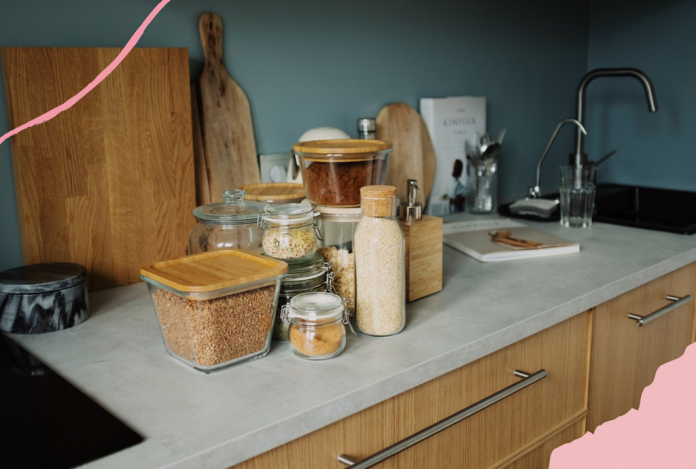
They are two words no one wants to hear, let alone get elbows deep into and deal with. But bathroom blockages can be a common problem in the home, and a blockage that’s gone undetected and untreated can lead to further, more serious plumbing issues in your home as a whole. Best to catch these issues early, or better still, not cause them in the first place. Here’s a little advice on both cure and prevention; our 4 IDEAL ways to fix and avoid common bathroom blockages.
UNBLOCK DRAIN PIPES
Blocked drain pipes are a common bathroom issue, but the good news is that most of the time, they are easy enough to deal with. Since bathroom drain pipes tend to be subject to more use than others in your home, they are usually the first to get blocked. Firstly, it’s important to know the signs; if the water is rising in the sink when you’re washing your hands, or you can’t shower without water rising up around your feet, it’s a sure indication that there are problems lurking.
The cause? Well, the drainage company experts at Express Drainage Solutions tells us that hair is a major culprit in these instances. However, the solution is fairly simple; strong drain unblocking chemicals that will melt the hair and anything else in your drain, allowing the water to flow down once again. Always carefully follow the instructions on any drain unblocking products that you use.
If a chemical drain cleaner doesn’t work, though, it’s a sign of a bigger problem – and in such cases, it might be worth calling a drainage company. Such companies, for instance London’s Drain Detectives, exist up and down the country, and provide a 24/7 service, 365 days of the year, covering you for any emergencies you may have. Whether you have an obvious blockage, have noticed a bad smell, suspect a drain is broken or need an emergency plumber, sometimes it’s best to defer to the professionals.
Read: 5 common lockdown plumbing problems and how to fix them
TOILET TROUBLES
Nobody wants to deal with a blocked toilet. Though we wouldn’t want to state the obvious, it can be a pretty disgusting job to confront. But, it’s important to ensure that blocked toilets are caught as early as possible and unblocked quickly, to avoid any potential further damage to your home – and bad smells, too.
If your toilet bowl isn’t draining properly when you flush, this is usually a sign that something is blocking it. The experts at BDS Drainage suggest that ”blockages usually occur from waste being flushed down the drainage system; ranging from hair in the shower, grease and fat in the kitchen and excessive amounts of toilet paper and un-biodegradable items (such as sanitary towels and nappies) down the toilet”.
Small toilet blockages are usually fairly easy to rectify using a plunger and a cleaning solution designed for the job but if a plunger isn’t making any difference or there’s a visibly large blockage, a professional plumber is your best call. An experienced blocked drain plumber will be familiar with most kinds of drain blockage, including toilets, and will know exactly what to do, so don’t put off calling one in just for embarrassment’s sake.
LEAKS & DRIPS
Leaks and drips are not always a sign of a blockage, but they should not be ruled out as a possible root cause. This is particularly true if you have noticed that your toilet is leaking; blockages could cause pipes to loosen or burst, leading to leakages in the bathroom. Similarly, burst pipes or leaks in the bathroom or even other areas of your home could be a sign of a blocked drain or pipe. As the blockage puts pressure on the pipes, they become weaker and may even burst under the strain, depending on the size of the issue at hand. If you’ve got a leak in your bathroom that doesn’t seem to subside, it may be a good idea to call in a professional to look for any potential blockages.
Read: How to find a reputable plumber in London in 5 simple steps
PREVENTION, NOT CURE
Last but not least, you’ll probably want to make sure that once you’ve dealt with a blockage in your bathroom, it’s not something that you’re going to have to do again in the near future. Whilst some bathroom blockages are inevitable – after all, it is one of the most-used rooms in the house – there are some steps that you can take to keep your bathroom blockage free.
Cleaning your bathroom regularly helps; use drain cleaning solutions to keep your drains free from build-up. You might also want to use drain guards over plug holes to catch hair, soap and other substances that could potentially block your drain. And, keep an eye on the speed at which water is draining away in your sink, bath, and shower – slow-draining water can often be a sign of a blockage forming, and a sure sign that you need to pour some drain cleaner down.
To prevent a clogged toilet, avoid flushing materials such as wipes, napkins, floss, hair, feminine hygiene products, baby wipes, nappies and anything other than human waste and toilet paper down your loo. And, keep the top of the toilet tank clear as this poses a risk of the items falling in and creating a blockage.





